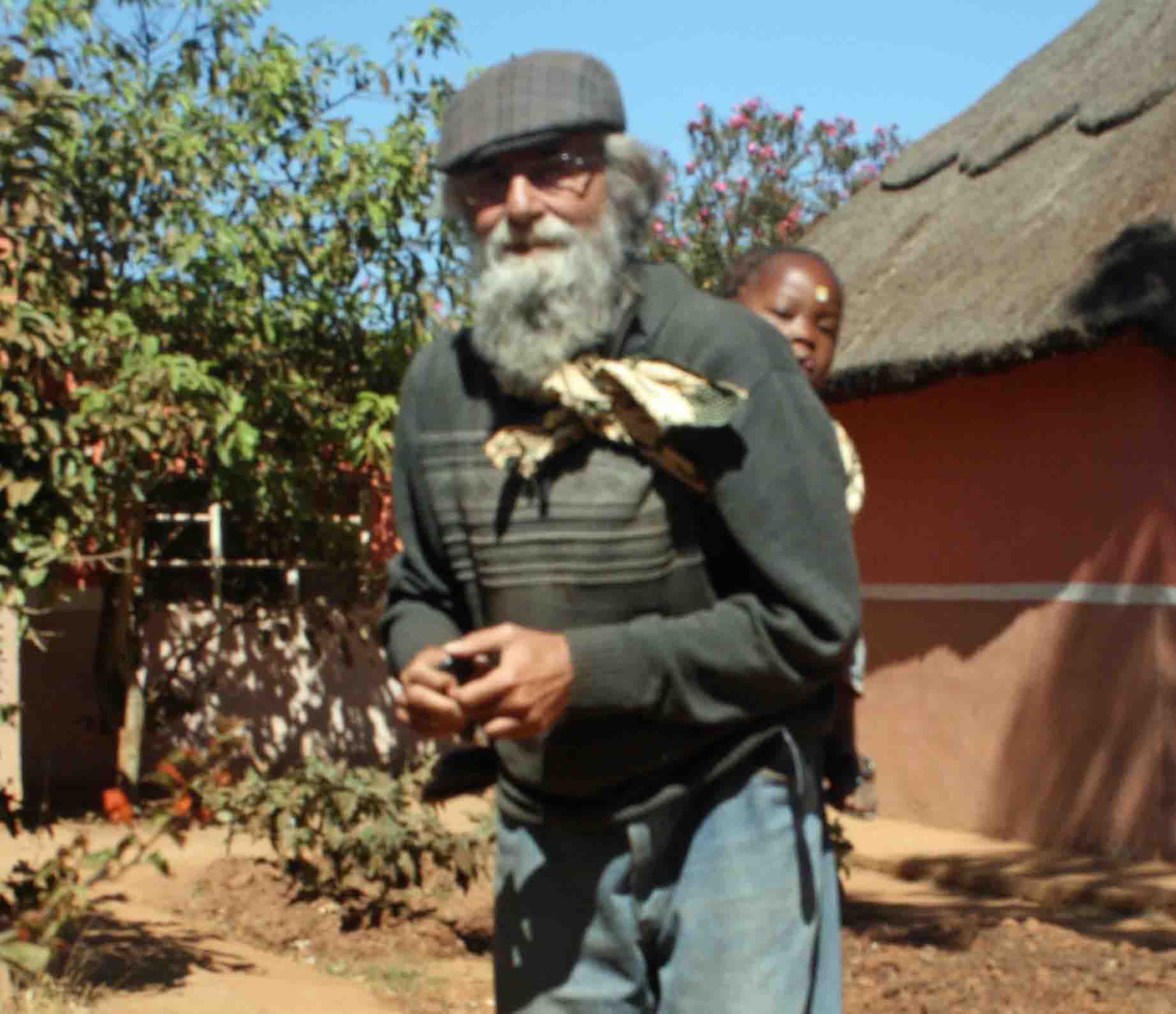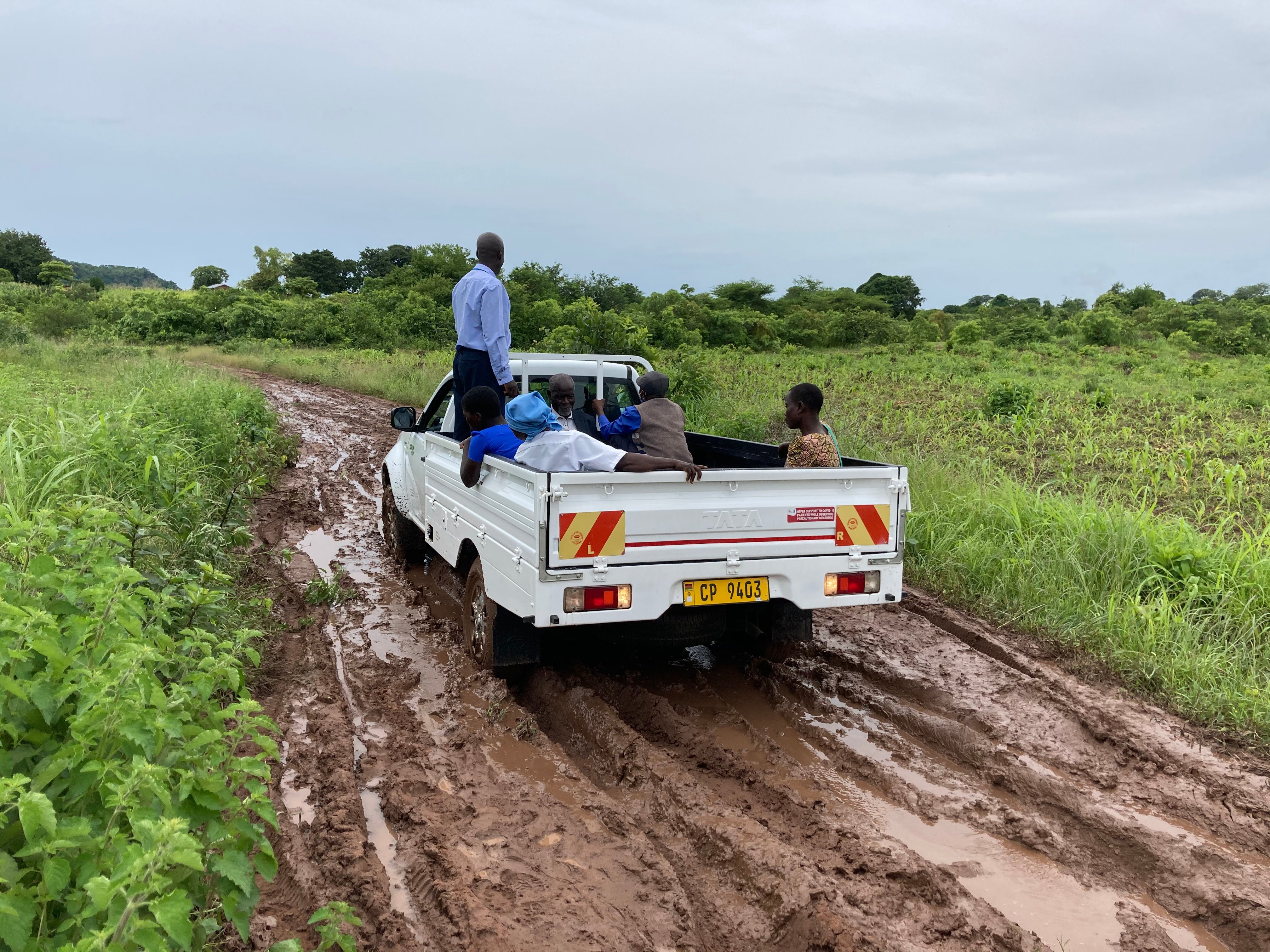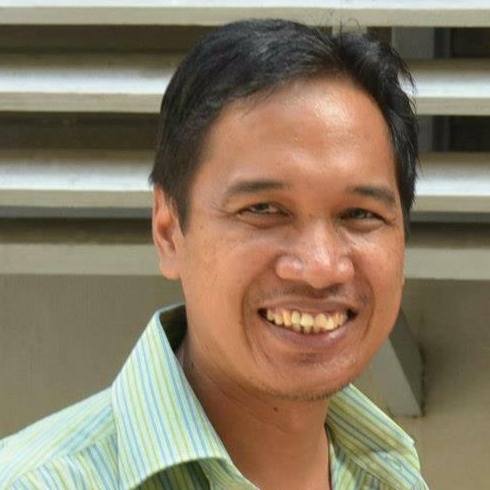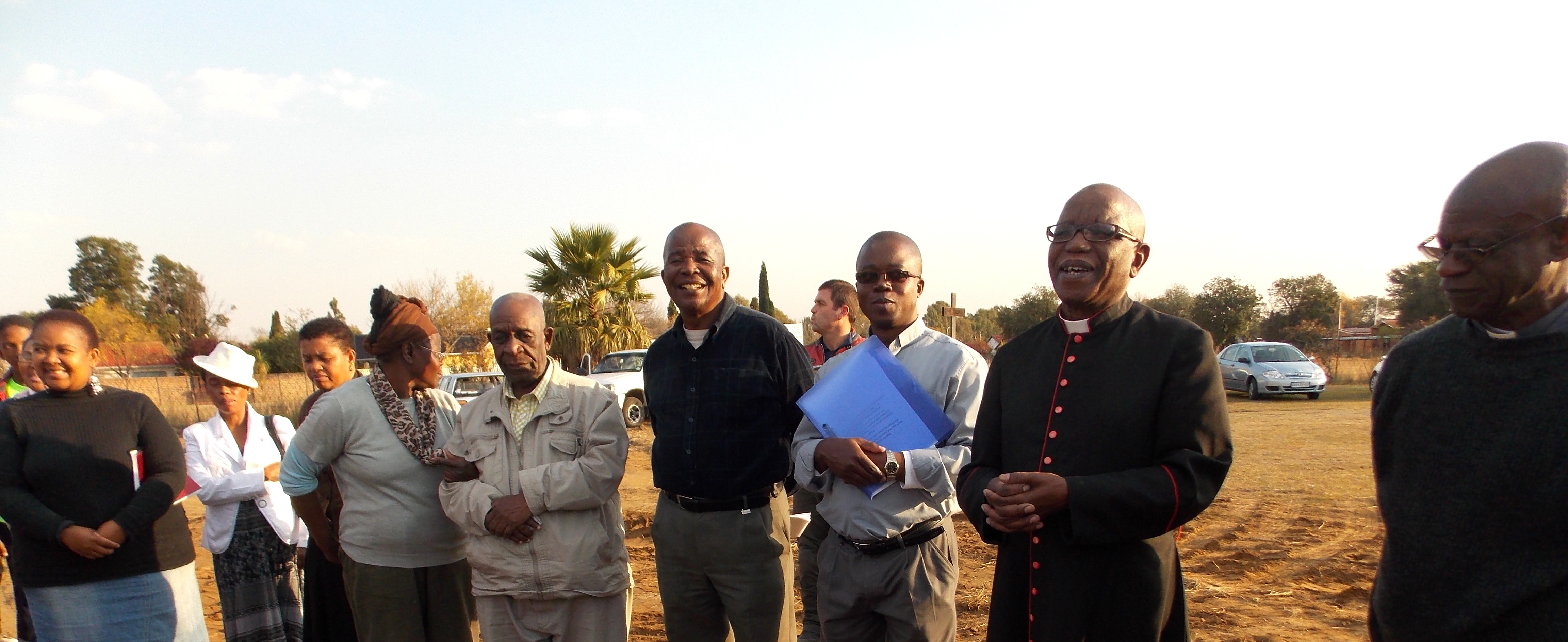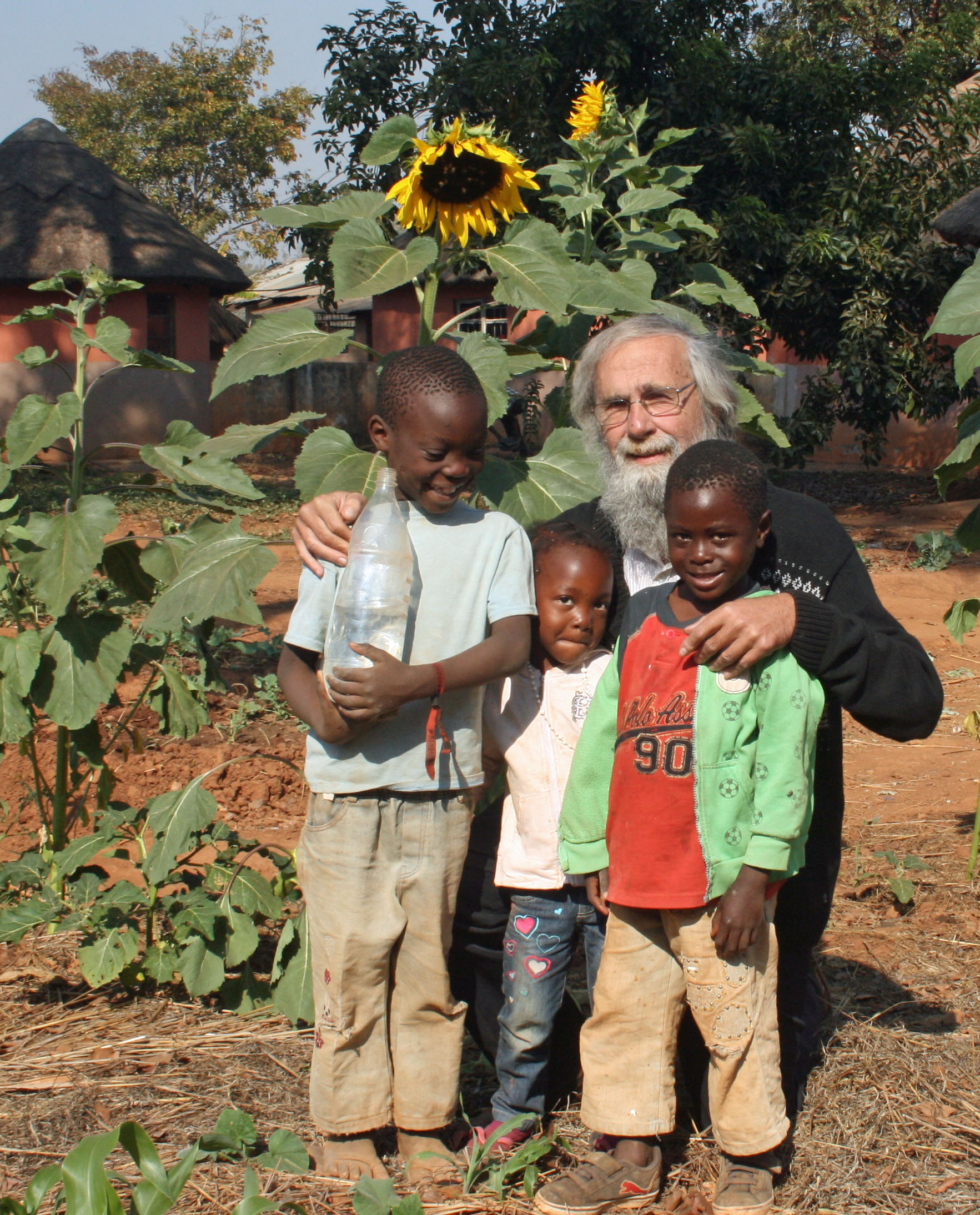
At the end of November last year, I entered a new stage of my missionary life. It started with a persistent pain in the left arm. I did not pay attention to it because I thought that it was a passing problem without great importance.
At the end of the month of December, a French friend who was visiting us expressed his concern to me—for him, that the pain could be a symptom of a stroke. Without any delay, I went to Kabwe town and I visited a friend doctor who, after some investigations, confirmed that it was a serious heart problem. I then travelled to Lusaka, the capital of Zambia, in order to consult a cardiologist.
His first diagnosis coincided with the opinion of my French friend. He told me that at any moment I could have a second stroke that could be fatal. I came back in the bush in a state of shock, thinking that death was very near. A second consultation with the cardiologist was decisive.
In a surprising way, he rejected the prognosis of a stroke and he advised me to see a neurologist as soon as possible. I visited several hospitals in Lusaka before I met one of the two neurologists who are working in the city. Suddenly, I felt something stranger—during moments of tension, my hands were shaking.
According to the neurologist, I have Parkinson's disease.
To be sure, I decided to go to Belgium in order to meet with some specialists. After several examinations, a Belgian neurologist confirmed the diagnosis—there was no longer any doubt that I have Parkinson's disease.
It is useless to tell you that during this long process, I was facing bouts of severe depression. To accept this disease that has no cure and can progress until provoking paralysis is not an easy task.
I thought that I had not deserved this punishment and that God had let me down. Everything had crumbled and I seemed to have tumbled into a precipice of death. I was tempted to stay in Belgium for good, to surrender all my commitments, to isolate myself and to try to survive as best as possible.
During the four weeks of being in Belgium, I started reading some books which helped me to grasp the nettle and to rise above my initial reactions.
Among these books, I pondered "the testament of the Abbé Pierre" published in 2007, the year of his death. One of the assertions of this French personality renewed my hope and remained marked in my brain: "The most wonderful basis for hope is that others need me and that I cannot live without their help or their need, because it is the fact that they need me that makes them so important for me."
This statement carried me far away in the bush of Zambia and I could see in my mind the face of our 100 orphans. I was convinced that they needed me and that I needed them. Because of that they are so precious to me. Then I decided to return to Zambia as soon as possible.
I received messages of solidarity and encouragement from the different countries where I had lived. One of the messages that helped me most came from Kasonde, the first orphan I had welcomed 8 years ago:"Too bad! But God will do the job!" After 40 years of many activities, the time has come to leave the work in the hands of God. I wondered what it meant to "let God do the job"…
I thought that it was time for me to be more united to the Lord of the harvest and to contemplate his action in the heart of the poor.
I was thinking that I needed to be more present in the lives of the orphans, to listen and to share with them the simple everyday life moments. After my stay in Belgium, when I arrived at the orphanage, the smile and the kiss of our small Natasha confirmed to me about my future lifestyle. I had to let God do the work!
Another reflection helped me a lot. It comes from Léon Bloy, a French novelist who passed away in 1917: "The paradise is not for tomorrow or in 10 years. We enter in it today when we are poor and crucified." Instead of complaining and brooding melancholy, I had to treat this disease like a cross which helps me to be near Jesus and to meet the joy.
My mission today is clear: I have to give testimony of the joy.
Moreover, I have to live intensely each moment without seeking refuge in the past or in the future. The orphans of Sunflowers Family Centre help me to realize this mission.
Yesterday afternoon, I beheld the smile of our small Kabwe, a child born with AIDS. In him, God smiled at me, and He did his job.
The day after my arrival at Mulungushi, we had a meeting with all the children. During my absence, they had gathered every evening in front of the statue of our Lady of Beauraing to pray for my health. As the book of Sirach says, "Never God disdains the supplication of the orphan." During the meeting, I explained in detail my new situation and I asked them to be patient with me and to help me as best as possible. Now they have organized themselves in order to make my life more enjoyable.
Each afternoon, when I walk in the bush, one of them walks with me. More than before, they avoid fighting or making noise and, every night, they bring me hot water for my bath. My illness is an opportunity to give more responsibility to the educators and the youth of the house. Saint Teresa of the Child Jesus said, "Everything is grace!": a great truth!


